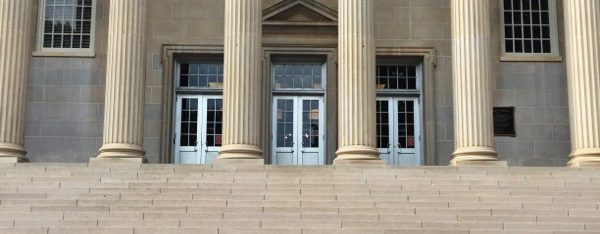Touring colleges with your special education student? If so, here are a few things to think about on the tour–even though there will be so much more to think about after.
Remember to set up a quick appointment with a member of the department of disability services at any college your student plans to attend. Usually, staff is available to answer any questions during an open house. By the end of the meeting, you might have a pretty good idea about whether a particular college will be a good fit or not. Better to find out before paying application and tuition fees.
1) How many students attend this school?
Many special education students are overwhelmed by larger colleges. Smaller colleges might be a good fit if your student has trouble making friends or needs added supports.
2) How many students are registered with the Department of Disability Services?
This is important because big schools equal many disability students. At that point your student becomes a number. Your child might end up having to make an appointment to see a counselor. Fewer disability students could mean more personalized service. This is something to think about when your “baby” is away from home.
3) Is there free bus or transportation service to local areas?
Many special education students do not drive. Or if they do, freshman usually cannot keep cars on campus. If that’s the case, your child will need to get to the store, church, or bank. Free shuttle service just makes sense.
4) How many credits will my special education student need to take each semester in order to earn full-time status as a student registered with the disability department.
Full time status is usually 12 credits. But ask yourself if you feel your student can even do 12 credits a semester? Your student might do better with 9 credits to start out with. Check with the college or university on this; some will vary. Full time status is important for financial aid and various other accounting reasons.
5) Is there a dorm for freshman with a bathroom in the room?
Laugh if you must, but consider this–if your student tends to forget or misplace items or has a physical disability, a private bathroom might be worth the money. If he or she tends to lose things, then at least in a private “in-room” bathroom, he or she will eventually find it. The other option is a “cattle” type bathroom where all students on the same floor share one large communal facility. How will your student feel about sharing such a personal space?
Take advantage of the disability staff at the college. Schedule an appointment with them when you visit the college. They are the best resource to get these questions answered. Become their friend; you will need them to look out for your “baby” when times are tough.




Let’s Talk!